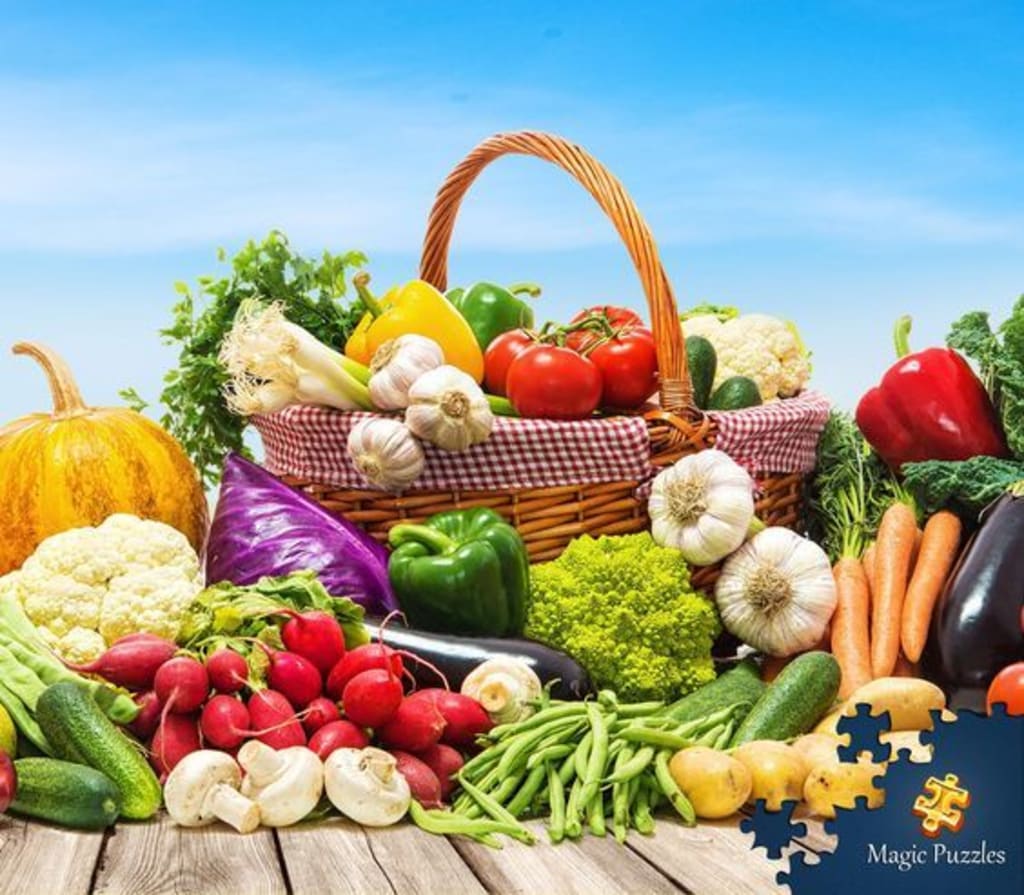Vegetarian diet to build muscle
Vegetarian diet to build muscle and lose weight

Dietary nutrition can be very effective in building resilience if it is well planned and provides all the essential nutrients, especially pods and amino acids. The guide later includes nutritional food sources, calorie regulation, and calorie needs to achieve the goals of building a smart body. The following is a guide to an integrated vegetarian diet for building muscle:
Primary plant protein sources:
To obtain the necessary protein, the following foods can be included in the daily diet:
Lentils: Contain about 18 grams of protein per cooked cup, in addition to fiber and important minerals such as iron and manganese.
Chickpeas: Provide about 15 grams of protein per cooked cup, and are a good source of complex carbohydrates, fiber, and folic acid.
Spinach: It contains a good percentage of protein when steamed, which facilitates the absorption of calcium. Nuts: such as almonds and cashews, which are rich in protein and healthy fats that support heart and joint health. Meal planning
Nuts and seeds: such as almonds and chia seeds, which contain good amounts of protein and essential fatty acids
Tofu: Contains about 10 grams of protein per 100 grams
Quinoa: Contains all essential amino acids and provides about 8 grams of protein per cooked cup
To achieve muscle building, it is preferable to distribute protein throughout the day:
Breakfast: 250 grams of low-fat cottage cheese, a loaf of bread, 4 egg whites, and one fruit.
Lunch: 250 grams of spinach, 50 grams of chickpeas, 4 egg whites, 50 grams of almonds.
Dinner: 250 grams of lentils, a medium cup of yogurt, and protein
Daily protein needs vary based on body weight. The general rule is to eat 1.5 to 3 grams of protein per kilogram of fat-free body weight.
This can be calculated by subtracting the percentage of fat from the total body weight and then multiplying the result by the appropriate value of protein
Vegetable protein
Daily meal plan:
Breakfast:
1 cup of oats with almond milk, plus a tablespoon of chia seeds and fresh berries.
Smoothie of spinach, banana, and almonds.
Snack:
1 cup of hummus with pieces of vegetables (carrots, cucumber, red pepper).
lunch:
A large salad containing quinoa, black beans, avocado, tomatoes, and spinach, with lemon juice and olive oil.
Afternoon snack:
An apple with two tablespoons of peanut butter.
Dinner:
A dish of cooked lentils with spinach, tomatoes, onions and garlic, served with brown rice.
Bedtime snack:
1 cup of vegan yogurt with a teaspoon of flax seeds.
Daily protein needs:
You need to eat between 1.5 to 3 grams of protein per kilogram of fat-free body weight. This can be calculated by subtracting the percentage of fat from the total weight and then multiplying the result by the specified percentage of protein. Vegetable protein supplements If the daily protein requirements are not met through food, you can use vegetable protein supplements such as pea protein, rice protein, or hemp protein. Additional tips:
Diversity in protein sources: It is important to eat a variety of plant proteins to ensure you get all essential amino acids
Eat small, frequent meals: This helps provide the body with proteins and energy continuously throughout the day, which contributes to building muscle efficiently.
It may be necessary to use protein supplements to ensure adequate intake, such as pea protein, rice protein, and hemp protein.
To increase muscle mass, you must eat more calories than the body expends daily. Calories can be increased 10-15% above maintenance level to effectively build muscle. With these guidelines, vegans can build strong, healthy muscles without the need for animal protein. To achieve the best results, it is recommended to diversify sources of plant protein and ensure adequate daily intake.
By following this balanced and varied diet, vegetarians can build strong, healthy muscles without the need for animal proteins.
Interest in a plant-based diet is growing, not only for environmental and ethical reasons, but also for its many health benefits. Veganism can be highly effective for building muscle and losing weight if followed correctly. We'll go over how to achieve this through balanced and thoughtful meal planning.
Benefits of a vegetarian diet
Improve heart health: Eating plant foods reduces the intake of saturated fat and cholesterol, which improves heart health and reduces the risk of heart disease.
Increase fiber intake: Plant foods are rich in fiber, which helps improve digestion, reduce feelings of hunger, and enhance feelings of fullness for longer periods.
Reducing the risk of chronic diseases: Studies indicate that a vegetarian diet can reduce the risk of diseases such as diabetes and high blood pressure.
Basic principles of a vegetarian diet to build muscle
Vegetable protein:
Getting enough protein is essential for building muscle. Plant sources of protein include:
Legumes: such as lentils, chickpeas, and beans.
Nuts and seeds: almonds, walnuts, chia seeds, flax seeds.
Whole grains: quinoa, brown rice, oats.
Healthy fats:
Healthy fats are important for heart health and help with vitamin absorption. Good sources include:
Avocado
olive oil
coconut
Complex carbohydrates:
Complex carbohydrates provide the body with the energy needed for exercise and daily activity. Sources include:
sweet potato
Brown rice
Wholemeal bread
Typical meal plan for a vegetarian diet
the breakfast
Oatmeal with fresh fruits and nuts: Oats are an excellent source of fiber and complex carbohydrates, and fruits add vitamins and minerals.
Green smoothie: a mixture of spinach, banana, almond milk, and chia seeds.
the lunch
Quinoa Salad with Assorted Vegetables and Black Beans: Quinoa is an excellent source of complete protein.
Hummus and avocado sandwich: Provides protein and healthy fats.
dinner
A dish of cooked lentils with brown rice and grilled vegetables: Lentils are rich in protein and iron.
Tofu salad with leafy greens and tomatoes: Tofu is a good source of protein and calcium.
snacks
Nuts and seeds: a rich source of protein and healthy fats.
Fresh fruits: to increase your intake of vitamins and minerals.
Additional tips
Supplements: Supplements such as vitamin B12, vitamin D, and omega-3 can be essential for vegetarians to ensure they get all essential nutrients.
Drink adequate amounts of water: Staying hydrated is important for improving athletic performance and recovery.
A balanced vegetarian diet can be very effective for building muscle and losing weight. By including a variety of plant-based proteins, healthy fats, and complex carbohydrates, you can achieve your health and fitness goals in a healthy and sustainable way. Always remember to plan your meals carefully and consult a dietitian if necessary to ensure all your nutritional needs are met.
This way, you can get the health benefits of veganism and achieve your muscle building and weight loss goals effectively and sustainably.
About the Creator
highe protien diet
Our topics and content
SARKARA contains a variety of articles and resources covering topics such as healthy nutrition, meal plans, exercise appropriate for high-protein diets, and general lifestyle improvement tips.
Enjoyed the story? Support the Creator.
Subscribe for free to receive all their stories in your feed. You could also pledge your support or give them a one-off tip, letting them know you appreciate their work.






Comments
There are no comments for this story
Be the first to respond and start the conversation.